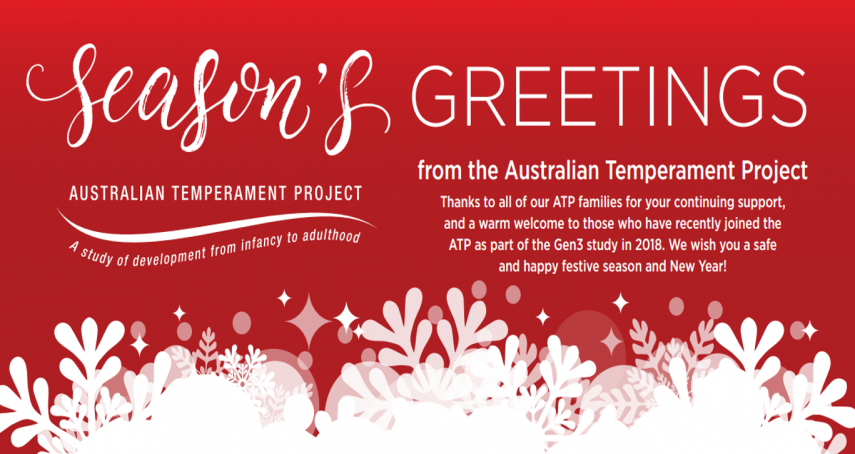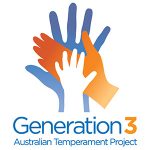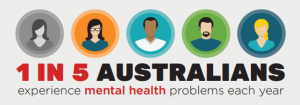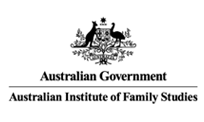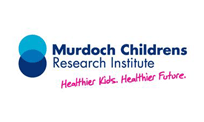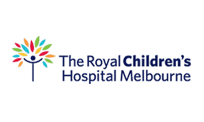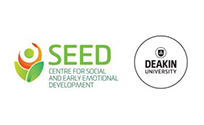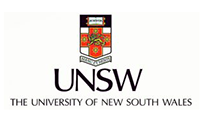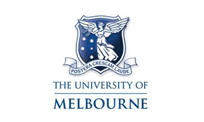Download the 2018 ATP newsletter (PDF)
ATP Generation 3 update
We are excited to announce that recruitment for our Gen3 study is now 95% complete. By early 2019 we expect to have an impressive 1,200 Gen3 children and their families involved. This means that we will no longer be calling Gen2 participants to ask whether you, or your partner, are expecting a baby. We would like to extend our heartfelt thanks to all Gen2 and Gen1 participants we’ve been in contact with during this recruitment phase. Your patience and understanding throughout this important stage of the study has been second to none. We couldn’t have done it without you!
Improving understanding of mental health
There is increasing interest and concern about mental health from childhood to adulthood in Australia and around the world. Mental health problems are common, affecting approximately one in five Australians each year, and almost one in two people (45%) during their lifetime.
Along with other longitudinal studies around the world, the ATP is trying to improve understanding of how mental health problems develop and how they may be prevented. Since childhood we have asked our Gen2 participants questions about their emotional health, including symptoms of depression and anxiety.
Using this information, the ATP has been able to identify:
- patterns of and pathways to mental health and mental illness
- potential factors to target to improve mental health
- key times when interventions might be most beneficial.
Insights from this research are being shared with researchers and mental health professionals. We hope these learnings from the ATP can help to benefit others.
ATP findings suggest that:
- for many, the roots of mental health difficulties go back to childhood, highlighting the importance of early identification and treatment
- young people who are shy and irritable, and who have difficulties with relationships with parents and friends may be at higher risk of experiencing ongoing problems with depression and anxiety
- children with high anxiety or depression may be more likely to overcome their symptoms if they have good social skills, good relationships with friends and parents, and positive school experiences.
If you would like information and support with mental health issues you can contact your local GP, SANE Australia, Lifeline or Beyond Blue.
Latest findings from the ATP
The connection between parent relationships and the next generation
If you’ve brought Gen3 children into the Royal Children’s Hospital or Deakin University for an observational play session, you might have met ATP PhD student Evelyn Tan. As well as welcoming families to these sessions, Evelyn has been busy using data from the ATP in her research. Evelyn investigated how parents’ relationships can influence how their children form and experience relationships both with their parents and with future partners.
Evelyn found that when parents managed their emotions (such as conflict and anger) with each other well, their children were more likely to go on to have positive relationships themselves. Her research also showed how important it is for parents to display a full range of emotions in their relationships with each other.
Children found it harder to have positive and secure relationships themselves when their parents only displayed negative emotions. This was also the case for children whose parents did not display any emotions (whether negative or positive) with each other.
School connectedness helps with reading and behavioural problems
Diana Smart has been with the ATP since 1988 and remembers many phone calls and visits to ATP families, especially in the 1990s. Diana recently finished her PhD on connections between reading difficulties and behaviour problems in ATP children and the later consequences.
The two problems co-occur more often than expected and can be hard to overcome. However, if children with these problems stayed engaged in secondary school they tended to have better outcomes, including higher rates of completing Year 12. This research highlights the importance of keeping students feeling connected to school.
One of Diana’s examiners said that the ATP was ‘one of the strongest longitudinal studies I know, and the results are highly interesting with both scientific and clinical implications’.
Find us on Facebook
Regardless of whether you are involved in Gen3 or not, we encourage all participants and families to join our ATP community on Facebook: facebook.com/ATPGen3. Here we post lots of interesting articles and resources for all three generations of participants, as well as study updates.
Stay in touch
Each of you contributes a unique experience to the study, so we really want to stay in touch! If you move or any of your details change, please let us know.
You can do this securely through our website:
www.melbournechildrens.com/atp/participants/update-your-details
Via phone or email:
(03) 9345 4129 / atp.nextgen@rch.org.au
Or via post:
Australian Temperament Project
Department of Paediatrics
University of Melbourne
Royal Children’s Hospital
50 Flemington Road
Parkville VIC 3052

